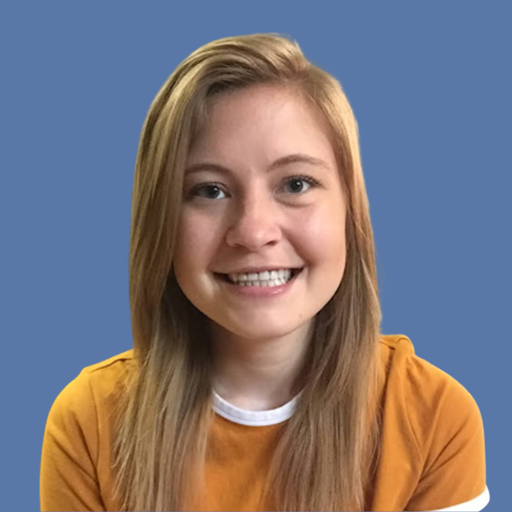Integrated Learning
One of my biggest concerns about making the switch to ABA was figuring out how I’d complete my program to the best of my abilities — all while working full time as a third-grade teacher. Spoiler: It was overwhelming at first. After a month into my program, I finally started wrapping my head around the idea that behavior is all around us. But what would happen the moment I stepped back into my classroom, you ask? That realization would go out the window, because I was instantly swept up in the complete chaos of the million roles of teaching. (I mean… my classroom is obviously always put together and perfect — cough cough) Needless to say, my first semester felt like treading water. I completely compartmentalized teaching my students and being a student myself. But everything shifted in my second semester. Once I started supervision (with some amazing supervisors, I might add), I finally began to do what educators are always told to do — integrate learning.
Jordan Husa
Seeing the World Through a “Behavior Analyst Lens”
It wasn’t until I took a step back and looked at my students, my colleagues, my family members (cats included), and even myself — through a behavior analytic lens — that things started clicking. I realized just how simple it was to see all the behaviors constantly happening around me. Every interaction — verbal or nonverbal. Every thought, feeling, movement — all of it is behavior. With this new lens, I began seeing the concepts I was learning in class play out in my classroom. Interventions became real-life examples. Even though I’m still learning all the technical definitions, I now know that every behavior has a meaning, a function, and a purpose.
Jordan Husa
Write your awesome label here.
Interested in school-based supervision?
Whether you’re a current school-based BCBA with an extra hour or two to spare every week or a current educator aspiring to become a behavior analyst — we’d love to connect with you!
Teaching My Students
(While Being a Student)
Since becoming more confident in ABA terms, one of the most fun things I’ve done is talking about my learning — with my students. Yep, my third graders. I started teaching them new vocabulary words and concepts from my ABA coursework. And it’s brought us together in the most unexpected way, and it has also made them excited to share their knowledge in class, just as their teacher has modeled. Like one of my students said (with more wisdom than he probably knew): “We’re all exhausted students just trying to learn things, right, Ms. Husa?” I could not have said it better myself!
How can I integrate my learning
of ABA into my classroom?
Closing Thoughts
Jordan Husa

written by
Jordan Husa
Jordan Husa is a third grade teacher and aspiring behavior analyst in the public school setting. Before stepping into her current role, she worked with children as a nanny, daycare provider, au pair in the Czech Republic, and substitute teacher in public education. Outside of her professional life, she enjoys balancing her own studies with quality time spent with family and friends. Jordan is a Supervision with TLC trainee with her Bachelors in Elementary Education with a minor in Child and Family Development and is currently pursuing her Masters in Applied Behavior Analysis (ABA) while accruing the hours required to be eligible to sit for the Board Certified Behavior Analyst (BCBA) certification exam.
University Product
product description in relation to blog post
Write your awesome label here.
Everywhere you listen to podcasts!
Little Bits of TLC Podcast
Join us for more!
Listen to [EPISODE TITLE] with [GUEST]
Project Thrive
Build an inclusive, proactive classroom that supports students with behavioral and mental health needs.
Join the next cohort to develop effective environments, behavior strategies, targeted instruction, essential collaboration skills, and more!
Project Onward
Build a transformative intensive program with your complex at-risk students.
Join the next cohort to develop your self-contained or alternative education program from design through implementation!
Project Bace
Build an effective, individualized functional skills program for your low-incidence students.
Join the next cohort to develop your instructional environment, responses to behaviors, functional academics, and more!
Project Thrive
Listen to this episode about HLPs in general ed. and resource!
Project Onward
Listen to this episode about HLPs in intensive EBD!
Project Bace
Listen to this episode about HLPs in life skills programming!
